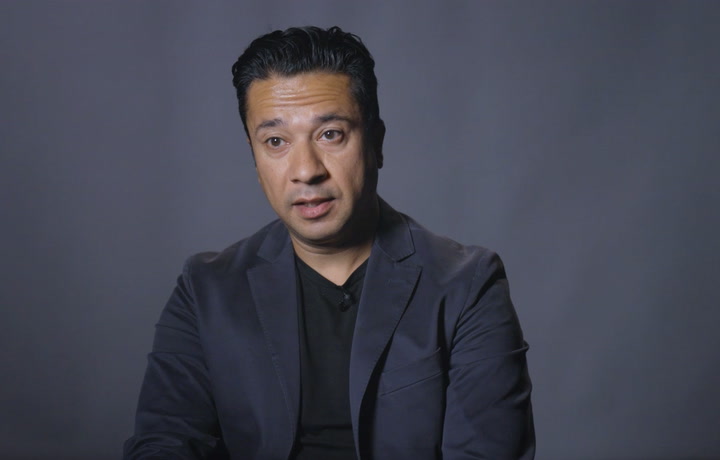The UN’s top court has ruled that Israel must “immediately halt its military offensive” in the city of Rafah on Gaza’s southern border.
The order by the International Court of Justice (ICJ) further ratchets up international pressure on an increasingly isolated Israel to rein in its war on Hamas in Gaza. The decision marked the third time this year the 15-judge panel has issued preliminary orders seeking to reduce the death toll and alleviate humanitarian suffering in the territory as part of a case filed late last year by South Africa accusing Israel of committing genocide, allegations vehemently denied by Israel.
“The court considers that, in conformity with the obligations, under the genocide convention, Israel must immediately halt its military offensive in Rafah and any other action in the Rafah governorate which may inflict on the Palestinian group in Gaza conditions of life that could bring about its physical destruction in whole or in part,” the court’s president, Nawaf Salam said. The decison was made by 13 votes to two.
Judge Salam said Israel must also allow “unimpeded access” to investigators so that they may look into allegations of genocide, while Israel must also reopen the Rafah crossing from Gaza into Egypt – which the Israeli military took control of earlier this month – to allow humanitarian aid to flow into the enclave. The court did not call for a full ceasefire throughout Gaza as South Africa had requested at hearings last week.
Israel insists it has the right to defend itself from Hamas and is unlikely to comply with the ruling. The full case will take years to resolve, but South Africa requested interim orders to protect Palestinians while the legal case continues. South Africa’s lawyers last week asked to impose emergency measures, saying Israel’s attacks on Rafah must be stopped to ensure the survival of the Palestinian people.
In previous rulings, the ICJ ordered Israel to prevent acts of genocide against the Palestinians and allow aid to flow into Gaza, while stopping short of ordering a halt to Israeli military operations.
The judge opened Friday’s hearing by describing the humanitarian situation in Rafah – where around one million Palestinians are sheltering – as “disastrous”. He added that the Israeli evacuation orders handed down to those in the area was not “sufficient to alleviate the immense risk to which the Palestinian population is exposed as a result of the military operation in Rafah”.
Israel launched its assault on Rafah this month, forcing hundreds of thousands of Palestinians to flee a city that had become a refuge to around half of the population’s 2.3 million people. Rafah has also been the main route in for aid, and international organisations say the Israeli operation has cut off the enclave and raised the risk of famine.
While the ruling by the ICJ is a blow to Israel’s international standing, the court does not have a police force to enforce its orders. In another case on its docket, Russia has so far ignored a 2022 order by the court to halt its invasion of Ukraine.
Israel signaled it would brush off an ICJ order to stop its operations. “No power on earth will stop Israel from protecting its citizens and going after Hamas in Gaza,” Avi Hyman, the government spokesperson, said in a press briefing on Thursday.
While Israel is unlikely to comply with the ICJ order, it heaps more pressure on the increasingly isolated country.
Criticism of Israel’s conduct in the war in Gaza has been growing, even from its closest ally, the United States, which has warned against an invasion of the southern city of Rafah, where hundreds of thousands of Palestinians have sought shelter from fighting elsewhere.
This week, three European countries announced they would recognize a Palestinian state, and the chief prosecutor for another UN court requested arrest warrants for Israeli leaders, along with Hamas officials.
The panel of 14 permanent judges from countries around the world, plus an extra ad hoc judge appointed by Israel as a party to the case, took their places inside the courtroom in The Hague before the hearing.
Outside, a small group of pro-Palestinian demonstrators waved flags.
Source: independent.co.uk



